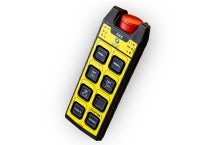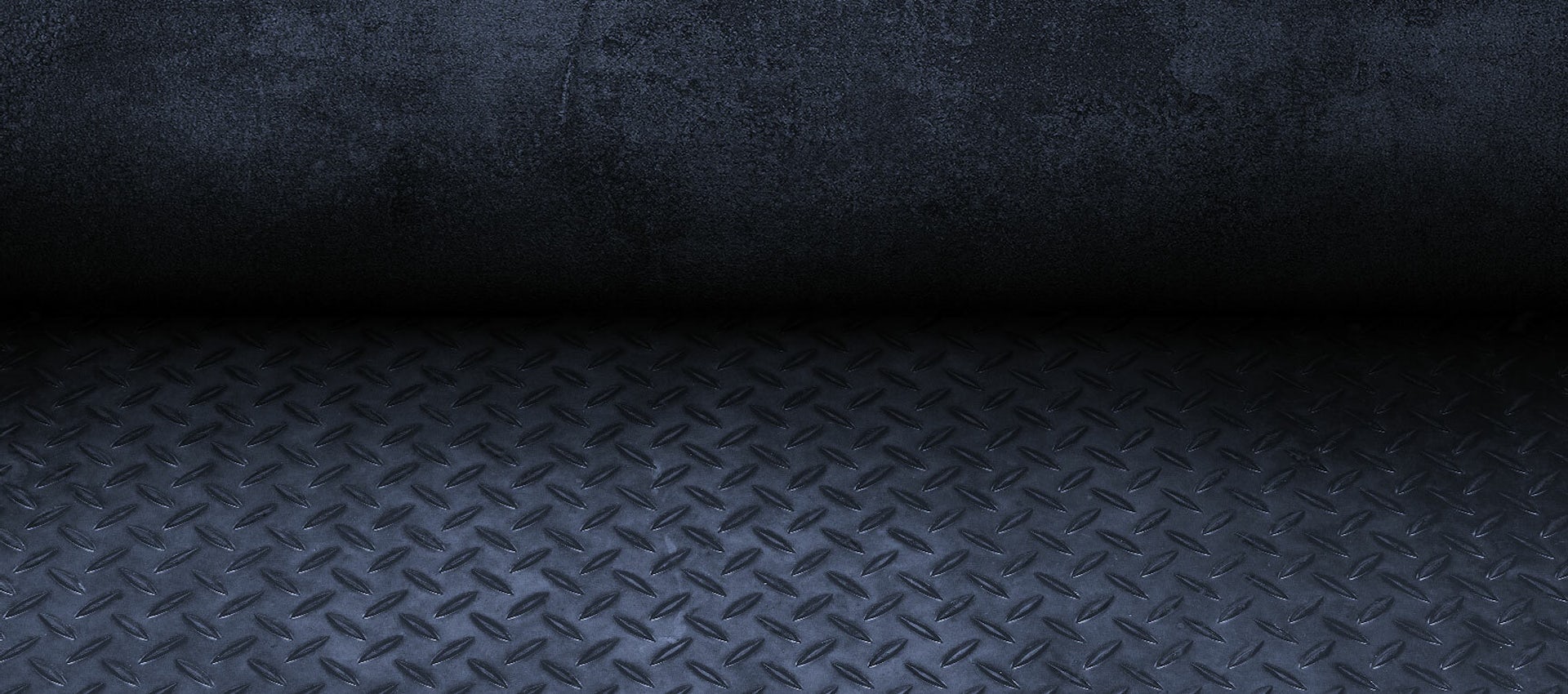- Guides
A 2020 Guide to the Stage V Emissions Regulations

What it means for Drainage Contractors
No doubt you’ve already heard about the new emissions regulations relating to jetting equipment. We’re now in the final 12 months of the transition period before the new regulations come into complete force at the end of 2020. This means there is still time to purchase pre-stage V diesel machines, although availability may be limited as the year progresses.
Below we’ve listed some essential information that may help with your purchasing decisions in 2020.
What are Stage V regulations?
EU Stage V emissions regulations for new non-road mobile machinery (NRMM), such as van-pack jetters, came into force in December 2019. This means that many popular jetter models using pre-stage V diesel engines no longer comply with the regulations for new equipment.
The regulations are categorised based on the engine power rating and ignition type, with each category given limits for the output of carbon monoxide, nitrogen oxides and particulate matter. These standards are applicable to diesel engines from 0 to 56 kW and to all types of engines above 56 kW, therefore bringing in much more stringent regulations for a wider scope of engines.
As standard jetting equipment falls in the 0 to 56 kW category, it is mainly diesel-powered engines that are affected by the regulations.

Does this affect the availability of drain jetters in 2020?
The regulations include a 2-year transition period that allows manufacturers to build equipment with transition engines until mid-2020, with the cut-off point for purchasing at the end of the year. This means that contractors should be able to purchase pre-stage V equipment throughout 2020, though the ongoing spike in demand will probably lead to stock shortages.
We have prepared for this demand and currently have a limited stock of engines for our popular 4-Series jetter. The most powerful van-pack machine in our range was relaunched in early 2019 with a best-in-class Yanmar engine that offers plenty of torque at low revs and improved timing according to engine load. Alongside this, we’ve made improvements to various electrical components and worked with our nozzle supplier to develop a new set of standard nozzles specifically for the 4-Series.
But don’t just take our word for it. Sean Penders, a drainage engineer with Metro Rod Lancashire, has been using the 4-Series for several months and is delighted with the results: “It’s the best van-pack I’ve used,” he explains. “It’s a really reliable unit and the additional PSI and water flow (3625@14gpm) makes tasks a lot easier. The increased water flow means removing silt is much more efficient and the increased pressure is great for cutting through roots and hard deposits.”

What about Low-Emission Zones?
Alongside new emissions regulations, the emergence of Low and Ultra-low Emission Zones (ULEZ) in cities such as London mean that contractors should be aware of potential levies and fines for using non-compliant NRMM machines with a power rating above 37 kW. While most jetting machines fall below this output, larger van-pack and trailer units will be affected. It’s also likely that similar schemes will be rolled out in cities across the UK in the coming years.
Zero Emission Zones have also become a hot topic. In January Oxford City Council unveiled plans for the UK’s first city-centre Zero Emission Zone, which would require drivers of any non-complaint vehicle to pay to enter the “Red Zone”. The scheme has drawn criticism from transport organisations who claim it is an unfair tax on trucks and vans.
What happens after the deadline
Drainage equipment manufacturers, such as ourselves and sister company Rioned, have spent several years preparing for the new regulations. Last year we launched the first of a new range of Stage V compliant equipment, with more new machines scheduled through 2020. Part of the development process has meant looking at fuel and power alternatives to diesel. The move away from diesel-powered jetting machines has coincided with the availability of more reliable and efficient fuel-injection petrol engines.
Last year we launched our new high-performance 3-Series van-pack machine, which utilises a B+S Vanguard 37HP EFI V-Twin petrol engine. In operation, the new machine is lighter and more fuel-efficient than its diesel predecessor and produces an industry-standard performance of 3000psi@12gpm (200BAR@54LPM).
Feedback from early adopters of the new kit has been very positive. Paul Cleaver, Contracts Manager of the Danaher and Walsh Group’s Advanced Pipeline Solutions Division, says the new machine fits with the company’s commitment to reduce its CO² footprint: “In operating we’ve found the performance to be exceptional. It is not only lighter and more fuel-efficient but the performance is favourable when compared to large diesel-powered machines.”

- Guides







